Feedback to the Inception Impact Assessment on the CO₂ emission performance standards for cars and vans
Lausunto jätetty 4.2.2021 EU:n Have your Say -lausuntopalvelun kautta
Finnish Gas Association welcomes the revision process of the CO₂ emission performance standards for cars and vans. We consider that the current emission standards limit the availability of biomethane-fueled cars and vans. Traffic is a challenging sector to decarbonize and all available technologies are needed, and therefore a re-evaluation of legislation of renewable gas fueled cars is required. Tank-to-wheel approach in CO2 standards of the gas cars and vans needs to be revised to well-to-wheel approach, to fully utilize the available low- and zero-carbon fuels in traffic, and give level playing field for all available technologies.
Biomethane in traffic should be regulated by well to wheel approach. Biomethane reduces climate emissions in several ways; by reducing methane emissions from agriculture and waste treatment, and by replacing fossil fuels and fertilizers. Therefore, cars using biomethane needs to be regulated as low-carbon (as per well-to-wheel approach), instead of regulating biomethane-fueled cars similar as fossil fuels (tank-to-wheel). Furthermore, synthetic renewable methane from power-to-gas should be considered emission-free.
Finnish ministry of transport and communications has released in 2020 a roadmap towards fossil-free transportation. The goal of the roadmap is to halve the traffic-related emissions by 2030 and reach zero-emission transport by 2045. The roadmap identifies four types of future policy actions to decarbonize traffic in Finland; taxation and carbon pricing, methods to improve the transport system efficiency and promoting modal shift to walking and biking, replacing fossil fuels, and modernizing road vehicles. The roadmap considers domestic biomethane as a key technology in replacing fossil fuels in traffic. The roadmap sets a goal of 100 000 gas-fueled passenger cars by 2030, up from 10 000 in 2020, plus 6 000 gas-fueled buses and heavy-duty vehicles.
Current CO2 emission regulation creates a barrier in promoting biomethane in passenger cars. In Finland, share of biomethane of all gas used in traffic is currently 60 %, and the share and volume are expected to increase in near future. Biomethane will be included as an advanced biofuel for transport, which are required to meet both national and EU targets (RED II) to decarbonize road traffic.
 Regionally Finland is divided into population-dense south, and sparsely populated north. The distances in the sparsely populated areas are long, and current electric cars lack the sufficient range to cover the distances in these areas. Therefore, the gas fueled cars complement electrification of passenger cars in the areas where full electrification of traffic is not realistic during this decade, due the limited range and high price of electric cars available today and near future. Correspondingly, in the sparsely populated areas, the agricultural resources for biogas raw material are most abundant.
Regionally Finland is divided into population-dense south, and sparsely populated north. The distances in the sparsely populated areas are long, and current electric cars lack the sufficient range to cover the distances in these areas. Therefore, the gas fueled cars complement electrification of passenger cars in the areas where full electrification of traffic is not realistic during this decade, due the limited range and high price of electric cars available today and near future. Correspondingly, in the sparsely populated areas, the agricultural resources for biogas raw material are most abundant.
Traffic use of biomethane will promote biomethane production as well, as the price to producer is greater compared to other uses of biomethane. At production side, we consider increasing biomethane production is key technology in reducing methane emissions from agriculture and waste sectors, as identified in new EU strategy to reduce methane emissions COM(2020) 663. Promoting traffic use of biomethane would also create a virtuous cycle towards circular economy agriculture, increasing the use of organic fertilizer created as a side product in the biogas fermenting plant, and therefore promoting the efficient use of the organic wastes created in agriculture and communities.
The CO2 regulation in transport should be reviewed, and new policy instrument should be applied, which considers the lifecycle emissions of fuels instead of tailpipe emissions only.

